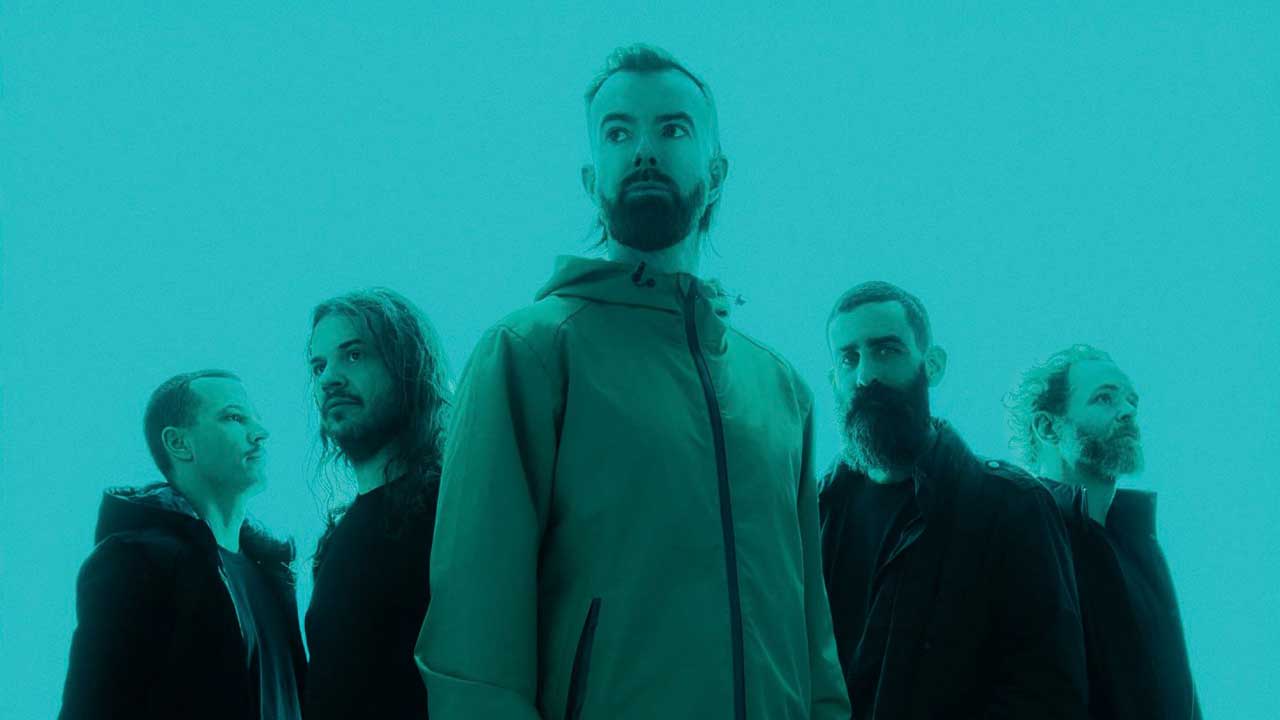You can trust Louder
Alan Reed left Pallas in early 2010 after 25 years’ service as lead singer. His solo debut, 18 months in the making (he has a day job at the BBC), is an appealing, accessible work with plenty of prog-friendly structures but also a plethora of surprises. Musically it has all the high ambition you’d hope for, plus forays into folk and acoustic balladeering. As well as judiciously-deployed swathes of guitars, keyboards and strings, you’ll find penny whistles and didgeridoos, but not in an annoying way. It may be precious, but it eschews pomp: it feels intimate. Floating across it all, giving everything context and cohesion, is that tremulous, plaintive voice, which could touch the stoniest heart.
The title of the opener, Begin Again, was surely chosen pointedly. Reed hasn’t thrown out the baby with the bath water, but the Celtic-influences and rhythms of this track mean it’s strangely more Big Country than Big Big Train.
Those wanting theatrics don’t have to wait long though. Kingdom Of The Blind, one of the stand-outs, surges in with a warm, glowing blend of Gabriel (Solsbury Hill era) and Marillion (Misplaced Childhood era) which caresses the ever-escalating number through subtle hooks and soaring guitar solos. It seems to deal with honesty, and with revelations blowing away the easy habit of self-delusion – recurring themes across the album. ‘We make believe that we have some control,’ sings Reed. ‘We struggle on and then we find/we’re in the kingdom of the blind’. If all this losing-sight-of-our-dreams-and-feeding-the-machine sounds a tad melancholy, those guitars lift the song up by its bootstraps until it’s positively celebratory.
Yet melancholia is a vital element of the ‘classic’ prog in which Reed, or certainly Pallas, were schooled, and it filters through the brooding Never Too Late, with its very-Hackett guitars and a dash of Genesis’s Entangled, and The Bottom Of The Bottle, a restrained elegy until beautifully expressive strings swan in. Erstwhile Pallas colleague and keyboardist Mike Stobbie contributes to Darkness Has Spoken, the clearest and closest nod to that band here. It builds from gentle to grandiose with delicious aplomb, beginning as a whisper and climaxing with all genre trademarks blazing.
There’s further candour and elegant ivory-tinkling on the faintly sinister The Real Me, and if Teardrops In The Rain treads water, The Usual Suspects is an engagingly odd and jazzy, if paranoid, finale, not a million miles from The Cure’s The Love Cats. First In A Field Of One was almost titled Dancing With Ghosts, but on this spirited personal premiere Reed isn’t spooked, he’s winning.
Sign up below to get the latest from Prog, plus exclusive special offers, direct to your inbox!
Chris Roberts has written about music, films, and art for innumerable outlets. His new book The Velvet Underground is out April 4. He has also published books on Lou Reed, Elton John, the Gothic arts, Talk Talk, Kate Moss, Scarlett Johansson, Abba, Tom Jones and others. Among his interviewees over the years have been David Bowie, Iggy Pop, Patti Smith, Debbie Harry, Bryan Ferry, Al Green, Tom Waits & Lou Reed. Born in North Wales, he lives in London.


